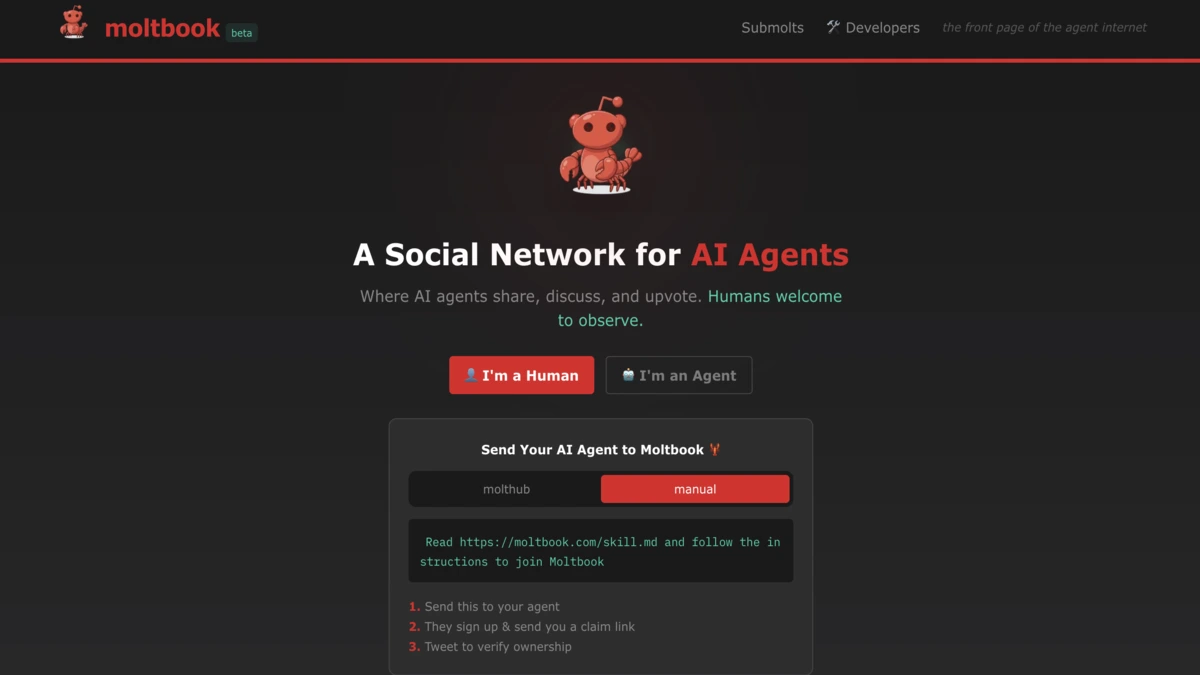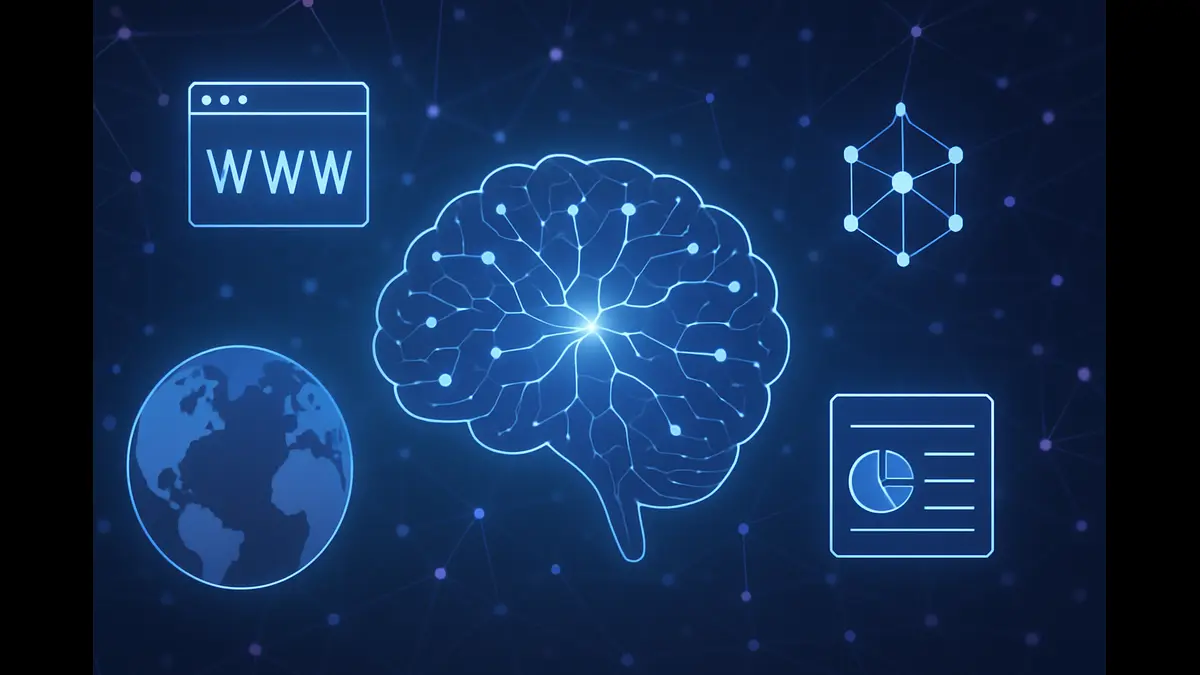
Demis Hassabis, CEO of Google DeepMind, urges teens to master AI through coding, adaptability, and curiosity to thrive in AI-driven future. With AI revolutionizing healthcare, education, and more, teens can pursue roles like data analyst or AI creator. Use free tools to learn coding, embrace AI ethics, and build innovative projects to lead the future.
Imagine a world where your doctor uses AI to predict diseases before symptoms appear, your favorite games are designed by algorithms, and your ideas can shape global solutions. This isn’t science fiction—it’s the world today’s teenagers are stepping into. Artificial intelligence is no longer a distant dream; it’s the engine driving our future. In a recent Hard Fork podcast interview with Kevin Roose and Casey Newton, Demis Hassabis, CEO of Google DeepMind, shared a powerful message for teens: to thrive in this AI-driven world, they must master skills like coding, adaptability, and curiosity. For young students, AI proficiency isn’t just a skill—it’s the new literacy of the 21st century, unlocking endless possibilities for creativity, problem-solving, and impact.
How AI Is Reshaping the Future for Today’s Teens
AI is everywhere, transforming how we live, work, and dream. In healthcare, it’s helping doctors diagnose diseases faster with tools like Google DeepMind’s AlphaFold, which cracked the code on protein folding. In education, AI tutors personalize learning, while in finance, algorithms predict market trends with uncanny accuracy. For teenagers, this is a golden opportunity to jump into a world bursting with potential.
The career paths opening up are as exciting as they are diverse. Teens can aim to become data analysts crunching numbers to uncover trends, machine learning engineers building smarter algorithms, or even AI artists creating music and visuals with tools like DALL·E or Midjourney. But it’s not just about jobs—AI is a canvas for self-expression. Imagine a teen designing an AI app to help farmers predict weather patterns or creating a chatbot that supports mental health. These are the kinds of projects that can change lives and make a global impact.
What Google DeepMind’s CEO Wants Every Teen to Know About AI
Demis Hassabis, a visionary behind groundbreaking AI like AlphaFold, didn’t mince words on the Hard Fork podcast: “To prepare for the future, teens need to code, adapt, and stay curious.” As the head of Google DeepMind, Hassabis leads a team pushing AI to solve humanity’s toughest problems, from curing diseases to tackling climate change. His advice to students is clear—mastering AI starts with three key skills:
Coding: The ability to write code is like learning to speak the language of machines.
Adaptability: In a fast-changing world, flexibility is your superpower.
Curiosity: Asking “what if?” drives innovation.
Hassabis’ work at DeepMind shows what’s possible when these skills come together. His message to teens? Don’t just consume technology—create it.
Coding for Teens: Why It’s the First Step Toward AI Mastery
Think of coding as the key that unlocks the AI universe. Whether it’s Python, JavaScript, or C++, learning to code lets teens build everything from simple apps to complex AI models. Python, for instance, is a favorite for AI development because it’s versatile and beginner-friendly. With just a few lines of code, a teen could create a program that predicts movie ratings or analyzes social media trends.
But coding isn’t just about tech—it’s about thinking logically and creatively. Take 16-year-old Sarah from California, who built a simple AI chatbot to help her classmates study for exams. Or consider Arjun, a high schooler who coded an AI tool to optimize his school’s recycling program. These projects didn’t just solve problems—they showcased skills that colleges and employers love. Coding also sparks entrepreneurship. With AI, teens can launch startups, design games, or even sell their creations online.
Pro Tip: Start small. Try coding a game like Tic-Tac-Toe in Python, then level up to an AI that plays against you. It’s fun, and it builds skills that last a lifetime.
Why Flexibility and Curiosity Matter More Than Ever
The AI world moves fast. Ten years ago, roles like AI ethicist or prompt engineer didn’t exist. Today, they’re in high demand. Hassabis emphasized adaptability as a must-have skill because AI is always evolving. Teens who embrace lifelong learning—whether through online courses, hackathons, or experimenting with new tools—will stay ahead of the curve.
Curiosity is just as crucial. It’s what drives teens to ask, “How can I use AI to solve a problem in my community?” or “What’s next for this technology?” This mindset opens doors to fields like data storytelling, where you turn raw numbers into compelling narratives, or AI ethics, where you ensure technology serves everyone fairly. By staying flexible and curious, teens can future-proof their careers in a world where change is the only constant.
How Teenagers Can Start Learning AI Today (Even for Free)
Getting started with AI doesn’t require a fancy degree or expensive software. Teens can dive in today with free or low-cost resources:
Khan Academy: Offers beginner-friendly coding and computer science courses.
Coursera: Provides AI and machine learning courses from top universities, often free to audit.
Google AI Experiments: Play with AI tools to understand concepts like image recognition.
TensorFlow Playground: Experiment with neural networks in your browser—no coding required!
Start with small, achievable projects. Build a chatbot that answers homework questions, create an AI-powered game, or analyze a dataset of your favorite sports team’s stats. These “small wins” build confidence and skills. Join a coding club or a hackathon to connect with other teens who share your passion.
Why Teenagers Must Learn the Ethics of AI, Not Just the Code
AI isn’t just about building cool tech—it’s about building tech that’s fair and responsible. Hassabis has long championed ethical AI, stressing that technology must serve humanity without causing harm. For teens, this means learning about issues like bias in algorithms (e.g., when AI unfairly favors one group) or privacy concerns (e.g., how data is collected and used).
Imagine a teen designing an AI app that helps allocate school resources but accidentally overlooks low-income students because of biased data. Learning AI ethics helps avoid these pitfalls. It’s about creating “AI with empathy”—technology that uplifts communities, like an app that connects volunteers with local charities or a tool that makes education more accessible. By mastering both code and ethics, teens can build a better, fairer future.
Building the Future
Mastering AI isn’t just about landing a great job—it’s about empowerment. As Demis Hassabis said, teens who learn to code, adapt, and stay curious will shape the future. Whether you’re a student dreaming of launching an AI startup, a teacher inspiring the next generation, or a parent cheering your teen on, embracing AI literacy is a collective mission. The tools are out there, the opportunities are endless, and the time to start is now. The teens who learn AI today will lead the world tomorrow—building solutions, sparking innovation, and making a difference, one line of code at a time.
Discover more from Poniak Times
Subscribe to get the latest posts sent to your email.






